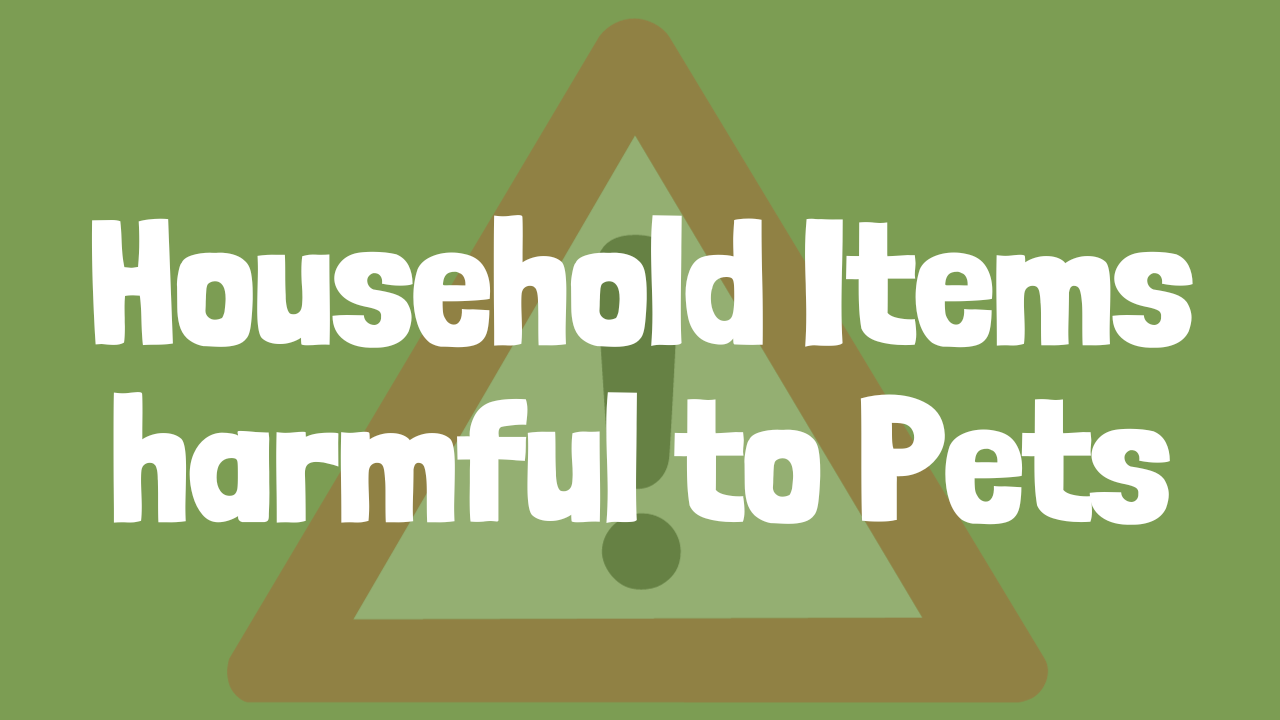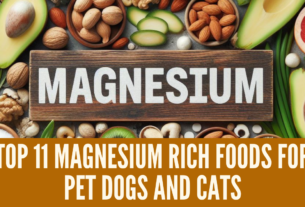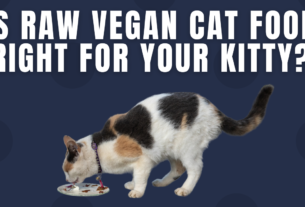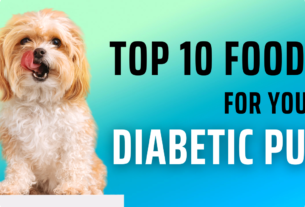In this article, we are going to look at Household items harmful to pets and should be kept away from them.
Our furry friends are the absolute best, aren’t they? Whether they’re your loyal dog, a cheeky cat, or any other pet, they bring us endless joy. But along with the joy comes responsibility, like keeping an eye on household items that can be harmful to them. So, let’s dive into this topic and make sure we’re doing right by our furry pals.
Watch Out for Yummy Dangers
- A Quick Rundown of Pet-Off-Limits Food
Alright, we all know our pets love a little snack now and then, but some human foods are big no-nos for them. Check it out:
- Chocolate: No, No, No!
So, chocolate is a treat for us, but it’s like poison for our pets. Dark chocolate, cocoa powder, and all that good stuff contain theobromine, which can lead to vomiting, diarrhea, and even seizures in pets. - Grapes and Raisins: Healthy for Us, Not So Much for Them
Grapes and raisins might be the perfect snack for us, but for pets, they can lead to kidney failure. Even a tiny nibble can be bad news. - Onions and Garlic: Tasty for Us, Toxic for Them
Onions and garlic, those staples of our recipes, can harm our pets. They cause tummy trouble, anemia, and damage to their insides. - Xylitol: A Sneaky Sweetener
That sugar substitute we use in sugar-free gum and candy? Yep, it can mess with your pet’s blood sugar levels. So, keep it out of their reach.
Those Sneaky Plants That Could Spell Trouble
- Greenery Gone Wrong
Houseplants can add a touch of nature to your home, but some are a pet’s worst enemy:
- Lilies: Beautiful but Dangerous
These flowers might look gorgeous, but they’re incredibly toxic to cats. Even a smidge can lead to kidney problems and even death. - Oleander: Pretty, but Poisonous
Oleander has some toxins that can mess with the heart, and it’s harmful to both cats and dogs. - Philodendron: Not the Friendly Philo You Thought
That common philodendron plant contains crystals that can irritate your pet’s mouth and throat if they decide to take a nibble.
Chemicals Under the Sink: Not-So-Pet-Friendly
- Cleaning Hazards to Keep Away
We all want a spick-and-span home, but some cleaning stuff can spell trouble for your pets:
- Bleach: A No-Go Zone for Pets
Bleach is a champ at cleaning, but it can lead to breathing issues, skin irritation, and tummy upset for pets. Keep it locked up. - Antifreeze: Not a Sweet Treat
Antifreeze might taste sweet to your pet, but even a little can lead to kidney problems and worse. - Detergents: Bubbles and Troubles
Ingesting detergents can lead to vomiting, diarrhea, and nasty chemical burns. Keep ’em away from your furry friends.
When Sharp Objects Get a Little Too Close
- Keeping Pointy Things at Bay
Sharp objects can be lurking around, posing risks to your pets. Check these out:
- Needles and Pins: Not Playthings
Small needles and pins can cause serious harm if swallowed. Always keep your sewing supplies safely stored. - Razor Blades: Keep ‘Em Locked Away
Razor blades left lying around are a recipe for disaster. Ingesting one can lead to mouth, throat, and stomach injuries.
Tiny Toys and Choking Threats
- The Big Deal About Small Stuff
Little toys, marbles, and other tiny items can be like magnets for your pets. But they’re also choking hazards. Store ’em away safely.
Chewable Wires and Electric Oopsies
- Wired for Danger
Puppies and kittens are notorious chewers, and one of their favorite targets is electrical cords. This can lead to shocks or, even worse, fires. So, protect your pets and your home by using cord covers or bitter-tasting deterrents.
Summing It Up: Our Role in Pet Safety
As pet parents, we’ve got a big responsibility to create a safe and loving environment for our furry buddies. By being aware of the hazards in our homes and taking precautions, we can make sure our pets have long, happy, and healthy lives.
Got Questions? We’ve Got Answers!
- What should I do if my pet ingests something harmful?
Call your vet or a pet poison control hotline immediately. Don’t try to make them vomit or use home remedies without professional guidance. - Are there any safe alternatives to common household chemicals?
Yep, you can find pet-friendly cleaning products or make your own with ingredients like vinegar and baking soda. - How can I pet-proof my home effectively?
Remove or secure hazardous items, use baby gates, and keep small stuff out of reach. Consider crate training for puppies and kittens. - What are the early signs of poisoning in pets?
Look out for vomiting, diarrhea, lethargy





1 thought on “Household Items Harmful to Pets”